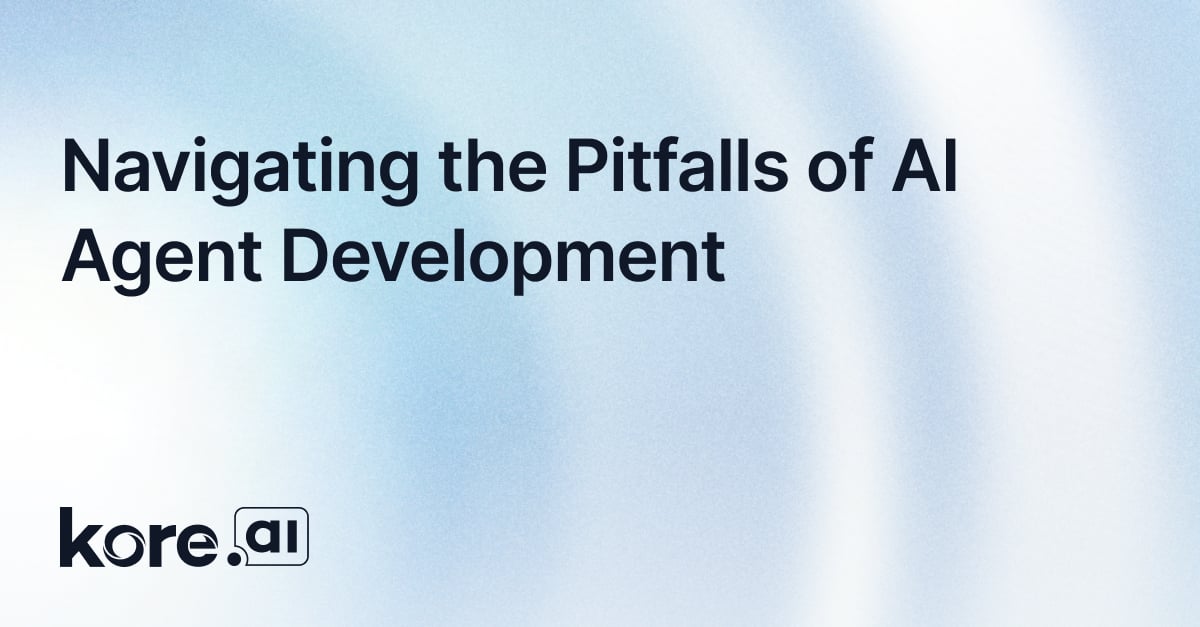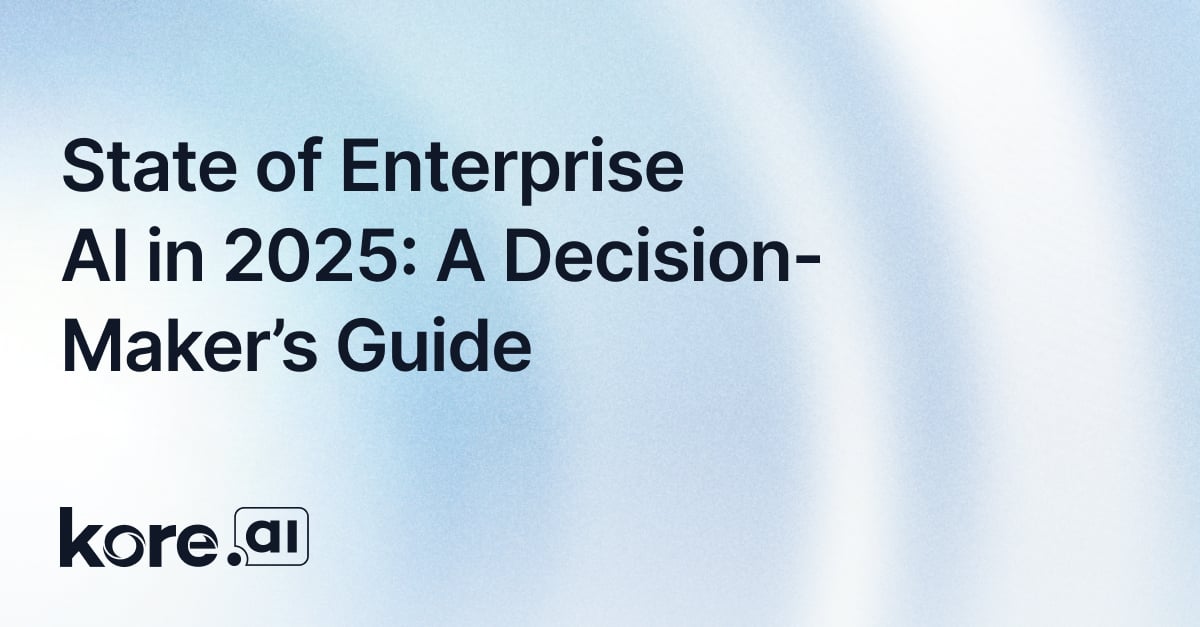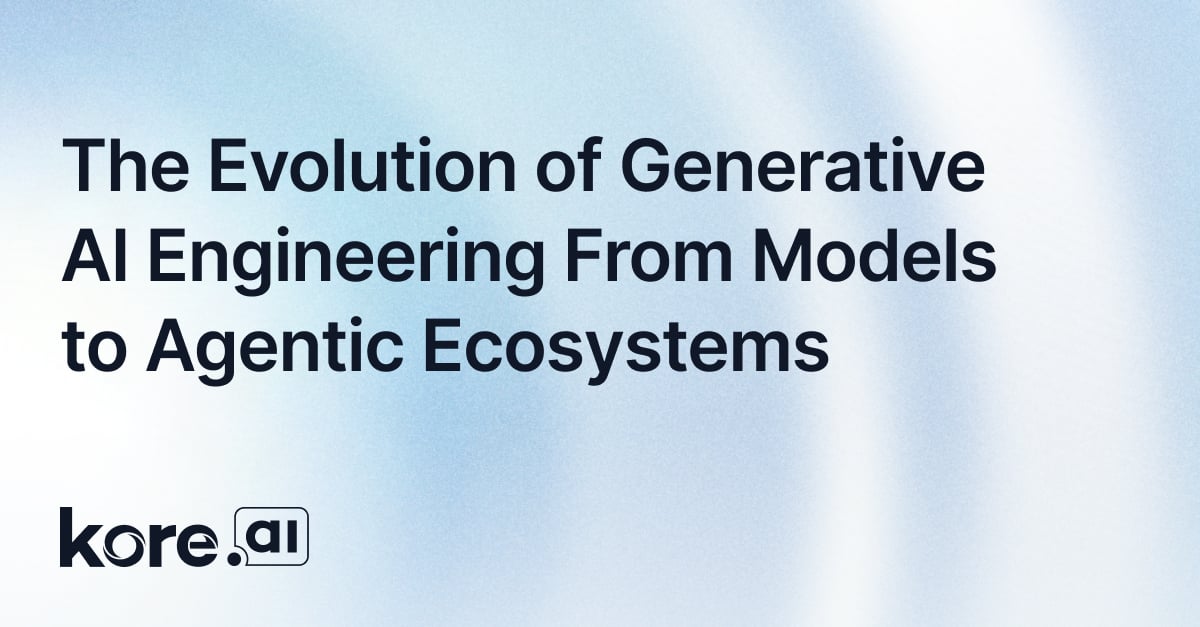Retail customers now move between physical store locations and online shopping. As a retail store technology leader you must adapt to stay relevant and meet the demands of an increasingly tech-savvy consumer base. AI-powered digital associates bridge the gap between customer expectations and seamless shopping experiences by providing real-time, personalized answers and recommendations based on customer profiles and journeys.
When Customers Favor Intelligent Virtual Assistants for Retail
According to research, customers prefer chatbots for routine inquiries or when speed is crucial. A recent survey of business owners and customers found that 53% of respondents felt frustrated by long wait times for answers. 62% would opt for a chatbot over a human agent if it meant a faster response. A Salesforce study further supports this, revealing that 69% of consumers prefer chatbots for their immediate response capabilities.
Retailers face several challenges when crafting a seamless customer experience from online experience to in-store experience. These difficulties include:
- Connecting digital shopping journeys with physical retail environments
- Identifying and addressing high and low points in customer experiences
- Personalizing experiences and simplifying them where possible
To tackle these challenges, retailers are turning to AI-driven intelligent virtual assistants integrated with retail product databases, inventory management, customer profiles, transaction history, and other retail systems. Retail employees equipped with AI-powered digital associates can answer customer questions about a product's features and specifications, leading to improved customer satisfaction, increased sales, and repeat business.
Advancements in Natural Language Processing (NLP) and Machine Learning (ML) technologies mean that intelligent chatbots can understand language and customer intent to enhance customer experiences. Retail employees can use these AI-powered digital associates to swiftly answer customer inquiries about product specifications, features, and compatibility. These systems can comprehend questions and provide answers using data from multiple sources, allowing customers and retail associates to interact efficiently. They can also supply employees with valuable insights into industry trends, competitor offerings, and customer service best practices.
AI-powered digital associates are revolutionizing the retail landscape, providing a seamless, personalized experience across online and in-store channels. By integrating these intelligent chatbots, retailers can not only boost sales but also minimize product returns, ultimately paving the way for a more satisfying and efficient shopping experience.
Personalizing the Retail Experience with AI-Driven Offers and Coupons
Personalizing the customer experience is becoming increasingly crucial for retailers to drive revenue and enhance customer satisfaction. According to a 2021 report by McKinsey, companies that prioritize personalization see 40% more of their revenue coming from personalization efforts compared to slower-growing counterparts.
The key to unlocking this potential lies in personalizing the customer experience. Retailers that cater to individual customer preferences, needs, and likes enjoy increased engagement and sales opportunities. According to a 2021 report by McKinsey, 71% of customers expect personalized experiences from brands they interact with. Furthermore, 72% of consumers believe that businesses should understand their interests. Companies that prioritize personalization see 40% more of their revenue coming from personalization efforts compared to slower-growing counterparts.
Retail Customers are Willing to Share Information in Return for Personalized Offers
However, personalization must be done right, as 76% of consumers report feeling frustrated when it fails to meet their expectations. Retailers can leverage AI-driven personalized offers and coupons to enhance the customer experience. A Retail TouchPoints study found that more than 50% of consumers are willing to share information on their preferred products to receive personalized discounts. Also, 59% of consumers believe personalized engagement based on past interactions is highly important in gaining their business. Retailers can also save purchase history and preferences, with 64% of consumers being comfortable with this if it leads to a more personalized experience.
Being treated as an individual is crucial for many consumers, with 84% of them wanting to be treated like a person, according to Salesforce. By utilizing AI-driven personalized offers and coupons, retailers can strengthen customer relationships and provide more positive experiences. As a result, sales increase and customers become more loyal.
Reducing Returns and Enhancing Customer Loyalty with AI-Powered Personalization
The impact of retail product returns on businesses' financial performance, customer loyalty, and operations is immense. Retail expert Burt Flickinger explains that handling returned merchandise can cost between 15 cents to 30 cents for every dollar. Moreover, high return rates can harm customer loyalty. A survey by Richpanel shows that 54% of buyers consider free returns or exchanges a significant factor in their purchasing decisions. If customers perceive a brand as offering low-quality products due to a high return rate, they are less likely to make future purchases.
One solution to the retail returns challenge is the use of conversational AI. By recommending products based on fit, size, and customer preferences, AI can help reduce returns and improve customer satisfaction. Retailers can analyze customer data to make more informed product recommendations, tailoring the shopping experience to each individual customer.
Personalizing interactions at scale through data and machine learning is vital to boosting sales, reducing returns, and enhancing customer satisfaction. By catering to customers' individual needs and preferences, businesses can improve the overall customer experience.
Adopting AI-powered digital associates in the retail landscape not only provides seamless, personalized experiences across channels but also addresses the challenge of product returns. By leveraging conversational AI to make more accurate product recommendations, retailers can minimize returns, strengthen customer loyalty, and enhance their financial performance.
Considering Implementing Conversational AI in Your Retail Experience?
We’ve developed a complete white paper to help you understand how this technology can boost retail sales and minimize product returns, and advise customers on any product or service. This white paper also explains how to engage retail employees with AI driven advice and on-boarding, coach employees with a digital associate during customer calls and chats, and give store managers and retail employees better control of store processes.
Conclusion
The future of retail hinges on seamless, personalized, and intelligent experiences—both online and in-store. With AI-powered digital associates, retailers can meet evolving customer expectations, reduce friction, and drive loyalty through real-time support, smarter recommendations, and meaningful engagement. From minimizing returns to increasing conversions, conversational AI transforms every touchpoint into an opportunity to deliver value. The result? Higher satisfaction, better business performance, and long-term customer relationships.
Ready to revolutionize your retail strategy? Download our white paper and discover how AI can elevate your customer and employee experience today.










